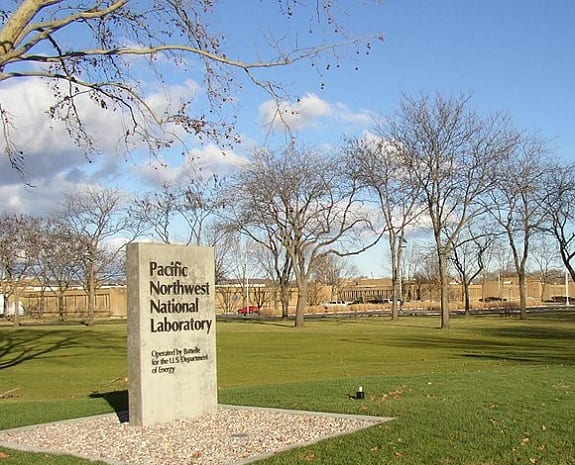PNNL begins working on a new hydrogen fuel production system
July 1, 2014PNNL receives funding for ambitious new project
The U.S. Pacific Northwest National Laboratory (PNNL) is now developing a new hydrogen production system. The system is meant to generate hydrogen fuel through the consumption of biomass. The endeavor is being funded by the Department of Energy, which has awarded the laboratory with a $2.2 million grant. The federal agency decided to fund this project as part of its ongoing endeavor to improve hydrogen production systems and help establish a working hydrogen infrastructure in the U.S.
Hydrogen production continues to attract attention in the US
Hydrogen production has become a major issue for the U.S. The country is a prominent market for the auto industry and many automakers are planning to commercialize fuel cell vehicles in the near future. These vehicles require hydrogen in order to operate, but the U.S. currently lacks a comprehensive fuel infrastructure that is capable of supporting these vehicles. The Department of Energy has been investing in the establishment of such an infrastructure.
New system will use biomass to produce hydrogen
The Pacific Northwest National Laboratory will focus on developing a system that would use the oil produced by materials like switch grass, wood chips, and corn stover in order to produce hydrogen. Conventional hydrogen production methods are considered to be energy intensive and inefficient. While fuel cells are environmentally friendly in that they produce no harmful emissions, this is not necessarily true for hydrogen production.
Without a working hydrogen fuel infrastructure in place, fuel cell vehicles may not find success
Fuel cells are becoming particularly popular in the auto industry for their use in transportation. Because fuel cells produce no harmful emissions, they are considered ideal for clean transportation, along with more conventional batteries. Without efficient hydrogen production, however, fuel cell vehicles are not likely to find much success among consumers. The U.S. lacks an expansive hydrogen fuel infrastructure and this has been a major point of criticism among consumers and certain organizations. Currently, the Department of Energy is one of the strongest supporters of the development of such an infrastructure and the agency is working to ensure that hydrogen fuel eventually becomes less expensive than conventional gasoline.


 With over 15 years of reporting hydrogen news, we are your premier source for the latest updates and insights in hydrogen and renewable energy.
With over 15 years of reporting hydrogen news, we are your premier source for the latest updates and insights in hydrogen and renewable energy.